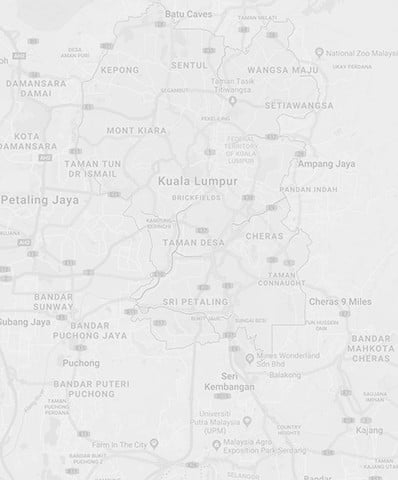Year 6 is determined to bring learning to life safely for every one of our students. The science topic, Forces, was the perfect way to develop the children’s understanding of the scientific process through a variety of hands-on experiments.
Hands-on science encourages the children to DO something – observe, ask questions, touch, experiment. Allowing children to really get into science gives them the chance to make discoveries on their own. They'll be more likely to remember a learning experience if it's just that...a real experience.
Through the Forces unit, the children learnt that a force is a push or a pull. They then looked at different types of forces including gravity, air resistance, water resistance, surface resistance and magnetic forces. The children experienced another exciting Hook where they carried out a number of investigations such as making paper aeroplanes guided by Guinness World Record holder John Collins, the Newton water/gravity experiment and using their body to experiment with balance.
The children were then exposed to five further experiments covering a range of forces. They used their experiences to write about what they observed, using a sophisticated template to write a scientific write up. The key foci were, the hypothesis, the method and the conclusion but they also looked at other very important elements such as variables in order to make each experiment a fair test.
Additionally, what made this unit such a success was the ability of our children to adapt to any situation. We had many children access the unit via Zoom, yet they were still able to participate via the use of technology and the care of their peers who were excellent at showing them the experiments, letting them ask and answer questions and be very involved even via the Ipad. The true KLASS character strengths of friendship, resilience, teamwork, curiosity and perseverance were all clear to see and contributed to the successful outcomes the children achieved.
It is important to record the process we carried out and really know the next steps or what misconceptions may have occurred so that each experiment became better than the last. A great way to do this is through whole class participation building the ‘working wall.’ This is where we display all of the learning outcomes but also, make notes and contribute to the process as and when it happens. As you can see from the images, the walls are a real point of reference to help the children with their use of technical vocabulary, the order of the scientific process and to reflect on their learning. These display walls are always a focal point for class discussion and the children love to add post-it notes with their questions or new facts they have discovered.
Kaye Meakin
Year 6 Leader


